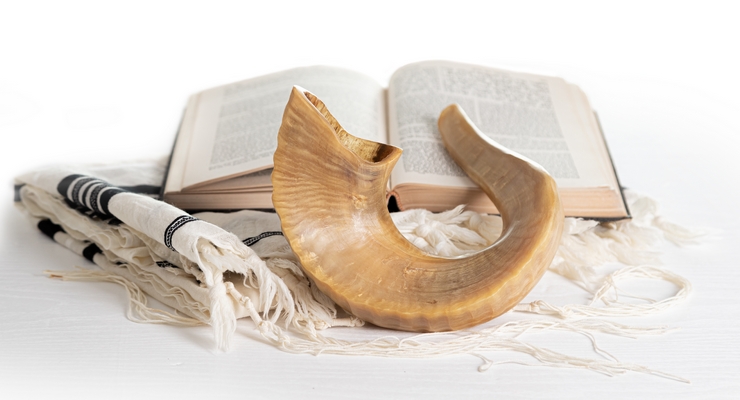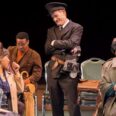
Tuesday is the beginning of Yom Kippur, the Holy Day of Repentance and Reconciliation for Jewish people, celebrated starting at sundown and continuing for 25 hours until Wednesday evening.
The holiday is reserved for reflection, repentance and forgiveness, according to the Pasadena Jewish Temple & Center.
Yom Kippur is revered as the day Moses came down from Mount Sinai with the second set of commandment tablets — he had smashed the first — and announced God’s pardon to the people for worshipping a golden calf.
Observant Jews believe that God inscribes the names of the righteous in the Book of Life on Rosh Hashana and seals the book on Yom Kippur, ten days later.
For that reason, the traditional greeting among Jews on Yom Kippur is Gemar Chatima Tova, which means “good final sealing” and conveys the wish: “May your name be sealed in the book of life.”
Yom Kippur services begin with the Kol Nidre, an ancient prayer that literally means “all vows” or “all promises.” The last service of the day ends with the sounding of a shofar, an instrument made of a ram’s horn.
The Pasadena Jewish Temple and Center (PJTC) and Chabad of Pasadena have scheduled separate ceremonies to commemorate Yum Kippur, the Day of Atonement, the days that Jews consider themselves as closest to God and to the quintessence of their own souls.
One of the traditions that occur during Yom Kippur is fasting. Jews fast to separate themselves from the earthly world, devoting their energy, focus, and their minds and hearts on their relationship with God.
During the fast, Jews abstain from food and drink, do not wash or apply lotions or creams, do not wear leather footwear, and abstain from marital relations. Instead, they spend the day in synagogue praying for forgiveness.
After sundown at the end of Yom Kippur, Wednesday, Jews break the fast with traditional items such as bagels, cream cheese, smoked fish and protein salads.
The synagogues in Pasadena will offer services starting on the evening of Tuesday, Oct. 4. They use a prayer book called a Machzor, which is the prayer book for the Jewish Holy Days starting with Ros Hashanah, the Jewish New Year’s Day.
Religious practices during Yom Kippur include preparing for the fast on the eve of the Holy Day, eating two festive meals in the afternoon and evening of Erev Yom Kippur, and the priestly blessing of the children after the second meal. Holiday candles are also lit before the onset of Yom Kippur.
Like Shabbat, no work is to be done on Yom Kippur, from the time the sun sets on the ninth of Tishrei – Tuesday, Oct. 4 – until the stars come out in the evening of the next day.
To find out what the Pasadena Jewish Temple and Center has in store for Yom Kippur, visit www.pjtc.net/yomkippur.
For information on Yom Kippur with the Chabad of Pasadena, visit www.chabadpasadena.com/library/article_cdo/aid/4687/jewish/Yom-Kippur.htm.














 0 comments
0 comments


